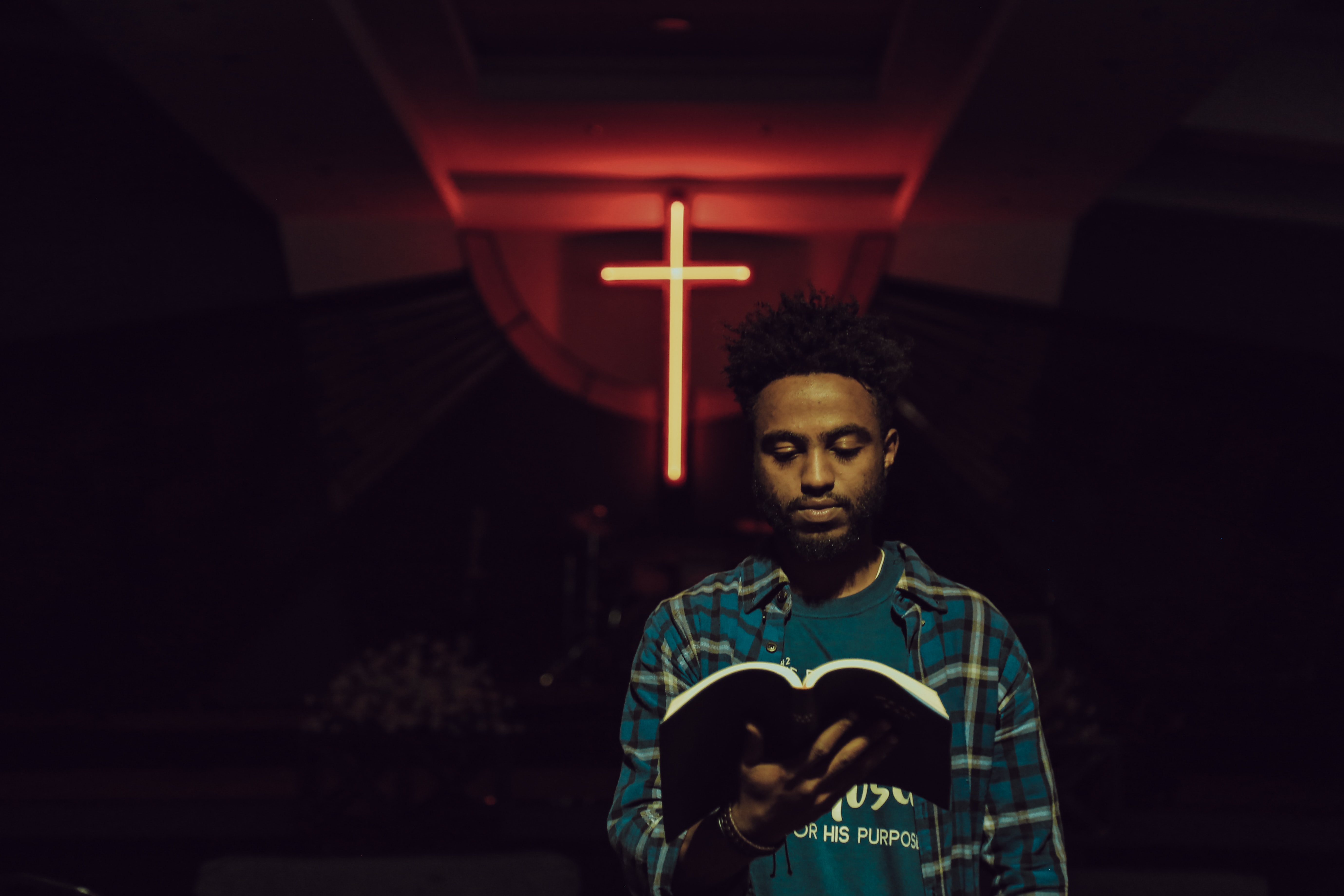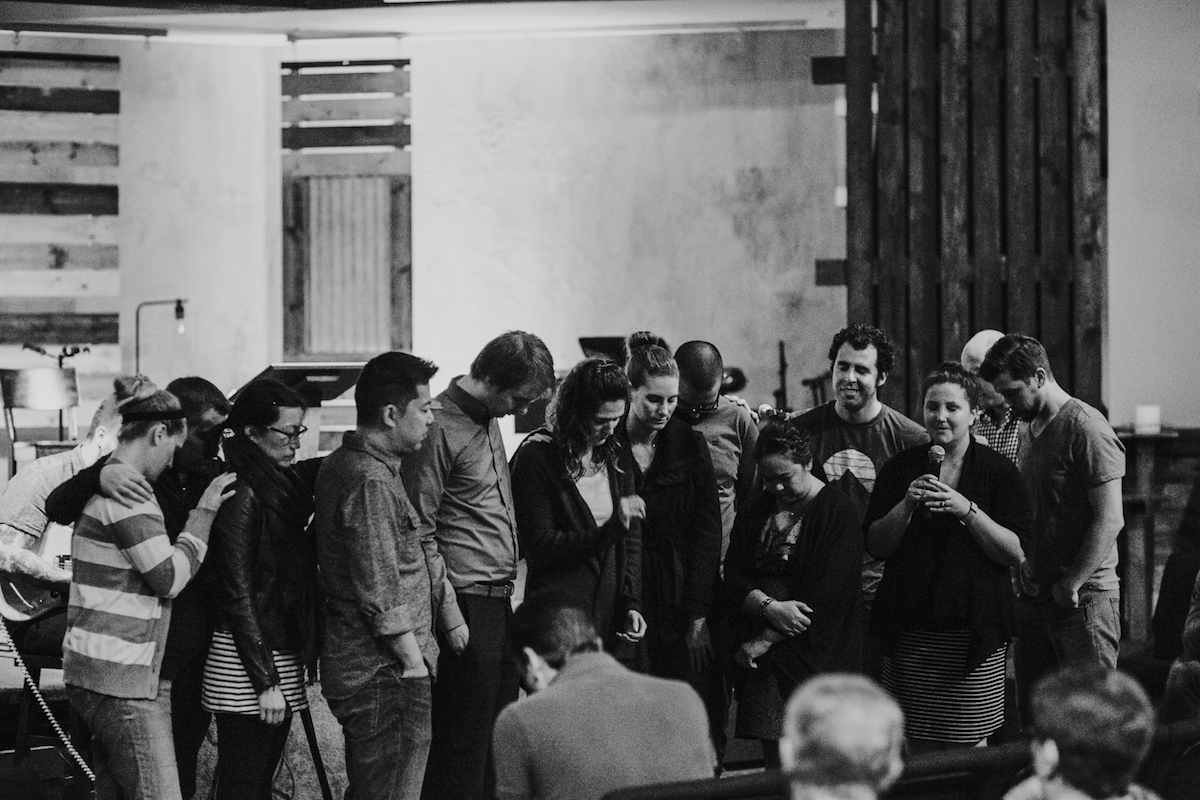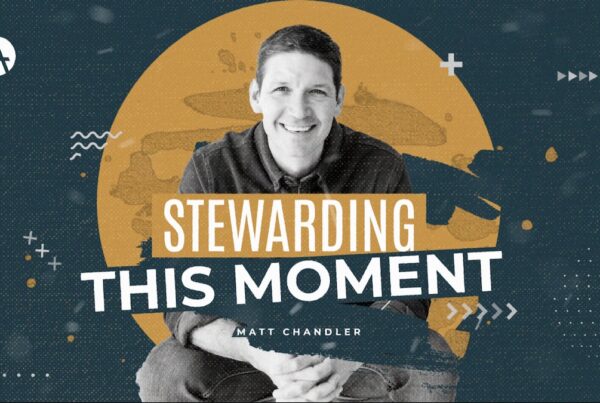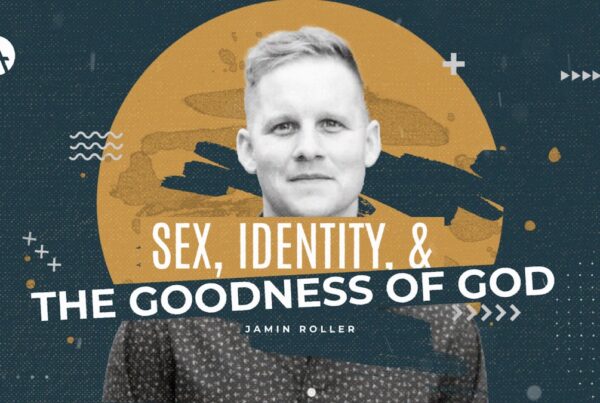It has been a real joy and encouragement to see a resurgence of robust and healthy theology, once again, being displayed within churches across the various denominational lines and movements within Southern Africa. We are beginning to see young men and women being drawn back to many orthodox Christian creeds and confessions. It has also been refreshing to see Biblical preaching and sound Biblical doctrine being the main thing drawing young church leaders into full-time ministry. Whilst I believe that there is still a lot of ground to be covered, there is much to celebrate.
It is worth noting that something seems to be missing in this resurgence. In some places, there still seems to be a divorce between theology and the Gospel. I have spoken to many friends who have been in ‘sound theological’ churches, and yet they still find themselves starved of the Gospel. They know many Biblical doctrines, but not much of the very Gospel that influences every part of their everyday lives. The truth is that there is a difference between a theologically-driven church and a Gospel-driven church, or what is now called a Gospel-centred church.
A church may subscribe to Biblical doctrines, but it may not have a ministry that is shaped by, centred around, and empowered by the Gospel. As Tim Keller famously said ‘The Gospel is not just the ABC’s but the A to Z of Christianity. The Gospel is not the minimum required doctrine necessary to enter the kingdom, but the way we make all progress in the kingdom.’ (link to article). In terms of theology, the Gospel is the glue between doctrine, experience, mission and practice. Gospel-driven theology should be a working-out of the Gospel across the various studies of Christian theology (ie. the nature of God, Christology, the church, the last things, etc.). In essence, Gospel-driven theology applies the Gospel to every sphere of Christian life and ministry. The Gospel should be the centrepiece of Christian doctrine.
After reading this, it is no wonder that the Heidelberg Catechism states, as its response to Question 22, ‘What is then necessary for a Christian to believe? All things promised in the Gospel, which the articles of our catholic (universal) and undoubted Christian faith teach us in summary. ‘
What Is Theology?
Most of us would know theology as ‘the study of God’. Augustine defined theology as ‘rational discussions respecting the Deity’. Thomas Aquinas said that it is ‘a unified science in which all things are treated under the aspect of God, either because they are God himself or because they refer to God’. John Frame simply stated that theology is ‘the application of the Word of God by persons to all areas of life.’ However, we may want to redefine it, because the truth is that there are differences that distinguish theology from other intellectual disciplines. Theology is not ideas about God, but the study of the living God. In theology, we are intimately engaged with the subject of our study.
We also need to be careful of not reducing theology to only the things we ought to believe. Theology is an attempt to verbalize and act out our relationship with God. It should be preached, prayed, sung and lived out. It should teach us what it means to behold God, belong to God, believe in God, and join the mission of God.
Theology is an attempt to verbalize and act out our relationship with God. It should be preached, prayed, sung and lived out.
Gospel-Driven Theology
Gospel-driven theology is the theology which results in the systematic appropriation of the Gospel to faith, to life, to mission, and to ministry. The Gospel possesses a natural and logical priority in theology since it explains why we have all of the other doctrinal subjects for learning. The subfields of theology, such as the person and work of Christ – eschatology, theology proper, ecclesiology, etc. – must all spring from the Gospel. Peter Jensen says ‘Responsible theologies ought to order their teaching by the Gospel, and also ensure that whatever else their theologies may contain, the reader can see what the essence of the Gospel is.’ Some theological systems have emphasized different themes, such as, covenant or kingdom. These definitely have a crucial place in our biblical theology, but they all should be supporting themes to the main and central thread of the Gospel.
This is what Gospel-driven theology looks like: Theology proper would be a study on seeking to understand the God of the Gospel, whilst Christology unpacks the object of all Gospel content – the person and work of Jesus. Christian ethics is about living a life ‘worthy of the Gospel’. The study of salvation seeks to marvel at the manifold richness of the Gospel of salvation. Ecclesiology is the doctrine of the ‘Gospelized community’, as Michael Bird would say. Pastoral theology is the understanding of how the Gospel should shape everything about the pastor, his motives, methods, and character. The Gospel is also the hermeneutical lens through which we read Scripture.
Gospel-driven theology therefore seeks to have the Gospel as its beginning point, centre, boundary, and unifying theme in all of its studies. As we plant more churches, may the Gospel be their most prominent mark.
More on this subject in Michael Bird’s book Evangelical Theology.
Article was first published in the Acts 29 Newsletter, October 2018
Photo by Gift Habeshaw on Unsplash











